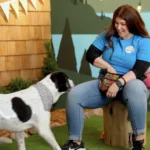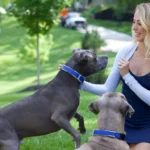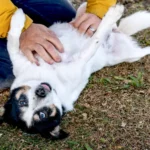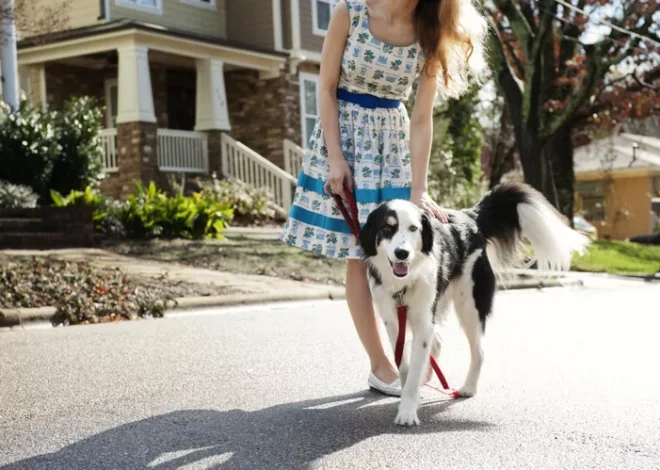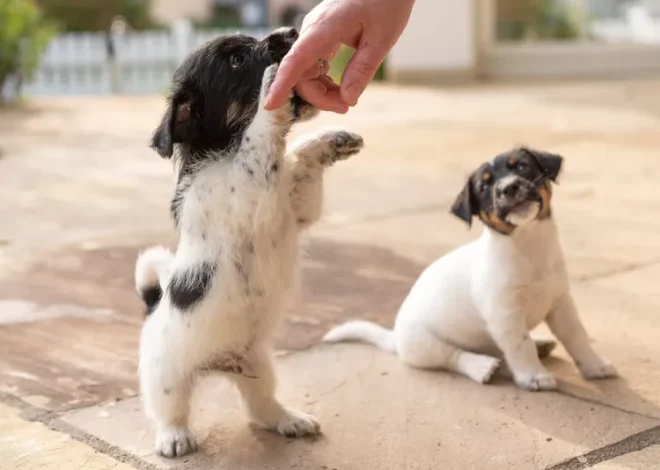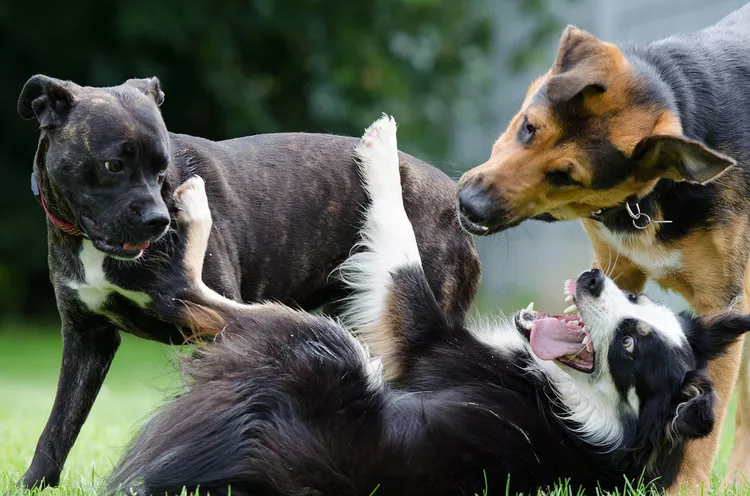
Debunking the Alpha Roll: A Modern Approach to Dog Training

Dog training has evolved significantly in recent years, moving away from outdated dominance-based methods towards more compassionate, science-backed approaches. One controversial technique that deserves a critical look is the infamous “alpha roll” – a training method that is not only ineffective but potentially harmful to your canine companion.
What Exactly is an Alpha Roll?
An alpha roll is a forceful training technique where an owner physically pins their dog down, supposedly to establish dominance. Proponents argue this mimics wolf pack behavior, demonstrating who’s “in charge” in the household. However, modern animal behaviorists unanimously reject this approach.
The Myth of Canine Dominance Hierarchy
Wolves vs. Dogs: A Misunderstood Relationship
The alpha roll concept stems from decades-old, flawed research on captive wolf populations. Renowned wolf behavior expert David Mech has since thoroughly debunked these original theories. In natural wolf packs:
- Pack members are typically family groups
- Hierarchical struggles are rare
- Voluntary submission is more common than forced dominance
Key Insight: Dogs have dramatically evolved from their wolf ancestors, making direct comparisons inappropriate and misleading.
Why Alpha Rolls Are Harmful
Scientific research, including a pivotal 2009 study in the Journal of Applied Animal Behaviour, reveals significant drawbacks to forceful training methods:
- Increased fear responses in dogs
- Potential for aggressive defensive behaviors
- Erosion of trust between dog and owner
- Long-term negative psychological impacts
Positive Alternatives: Reward-Based Training
Scenario 1: Sofa Struggles
Problem: Dog refuses to leave the sofa
Solution:
- Create an inviting dog bed
- Use high-value treats for bed training
- Teach a consistent “off” command with positive reinforcement
Scenario 2: Jumping Up
Problem: Excessive jumping
Solution:
- Reward calm behavior with four paws on the floor
- Train alternative greetings
- Ensure consistent response from all family members
Scenario 3: Fear of Strangers
Problem: Growling at guests
Solution:
- Provide safe spaces
- Reward positive interactions
- Never force uncomfortable interactions
Building a Stronger Bond
Modern dog training focuses on communication, trust, and mutual understanding. By replacing dominance-based techniques with positive reinforcement, you’ll develop a more profound, respectful relationship with your furry friend.
Read Also
- Why Do Dogs Rub Their Faces? Decoding This Fascinating Canine Behavior
- The Fascinating Science Behind Canine Belly Rubs
- 10 Things People Do That Dogs Can’t Stand
- The 8 Best Online Dog Training Courses of 2024: Perfect Programs for Your Furry Friend
Professional Insights
For more comprehensive dog training guidance, consult certified professional dog trainers who specialize in positive reinforcement techniques.
Disclaimer
Always consult with a professional veterinarian or certified dog trainer for personalized advice tailored to your specific dog’s needs and behavior.


